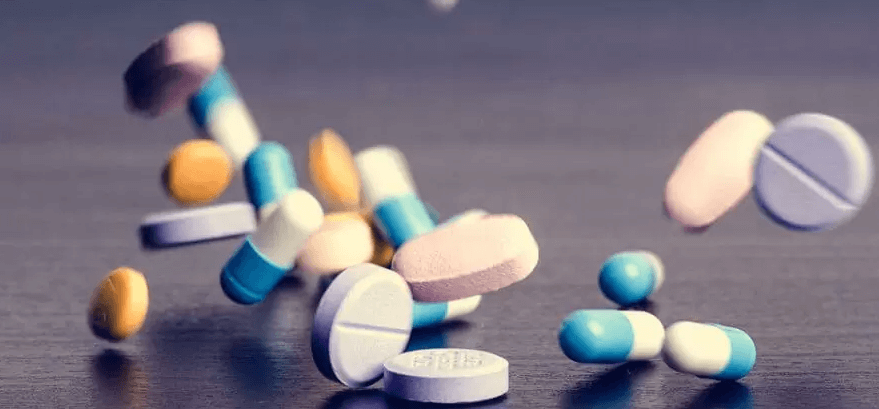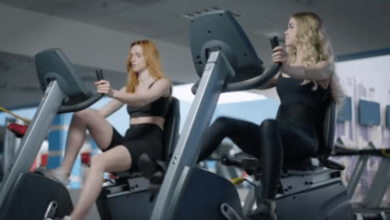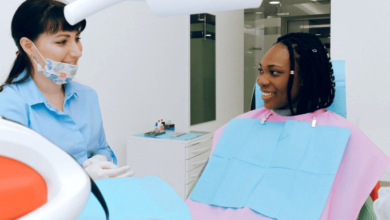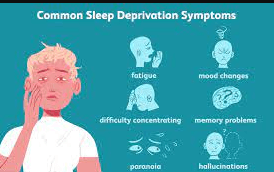5 Steps to Overcoming Prescription Drug Abuse

Prescription drug abuse can occur anytime you take a medication differently than it has been prescribed. Some cases of abuse are worse than others and can even lead to addiction.
If you or a loved one has signs of prescription drug abuse problems, there are ways to overcome addiction, and these 5 steps can help.
Seek help
The first step to overcoming prescription drug addiction is to admit there is a problem and seek help. Unless the person with the problem is willing to admit they have an addiction and want to get clean, it is unlikely that moving further in the recovery process will be effective. Groups like Narcotics Anonymous and Alcoholics Anonymous are a great place to start.
Detox
Detox is when the addicted person clears the drugs from their system. This process can be very painful and dangerous to a person’s health. Opioid abuse has awful withdrawal symptoms, and sometimes the detox needs to be done with medications such as buprenorphine to help reduce the symptoms.
Medication during detox may not be necessary for those who may abuse pregabalin, an anticonvulsant, but there will still be withdrawal symptoms. You should always contact a physician before trying any detox processes to ensure it will be done safely.
Counseling
Addiction often happens as a way for someone to self-medicate for underlying mental health conditions. Mental health conditions can cause relapses if left untreated, so counseling is a good option for those recovering from prescription drug addiction.
Therapy can come in the form of one-on-one meetings with a therapist or psychiatrist or a group setting. Another good counseling option is finding a support group which can come in the form of an Addiction Anonymous group for what drug you are recovering from.
Counseling helps change behavior and teaches skills for coping that are common triggers for relapse.
Medication
Some addictions can be better treated by weaning the person off the drug and taking medication to help with withdrawal and craving symptoms. A non-opioid medication called Naltrexone is used for those with addictions who have already detoxed and need a supplement to help them stay sober.
There are also many medications, such as methadone and buprenorphine, that can aid someone going through detoxification and withdrawal from slipping into a relapse to ease the symptoms.
Relapse plan
One of the best ways to stay sober after recovery is to have a plan in place for stopping relapses before they happen. A large part of this plan is identifying triggers that can stress you out and leave you searching for a high.
Learning stress management techniques and finding activities you enjoy that you can do when you feel an urge to relapse are good plans.
Another good way to help prevent relapse is to avoid situations where you will be tempted. This can include finding new places to spend your time and cutting off contact with people who may peer pressure you.
Before you go
Prescription drug abuse is a painful struggle, but if you or a loved one seems to be falling into the trap of addiction, follow these 5 steps to get on the path of recovery. Having a gameplan is the best way to ensure that your recovery proceeds along a positive path.





